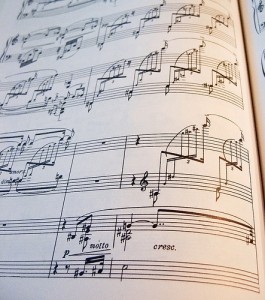 A few months ago, I read an research article about sight-reading that stated that professional pianists read something like eight notes ahead at any given time while sight-reading (I wish I could cite the article, but I don’t remember where I found it – if anyone knows of it please tell me!). The article, however, wasn’t very clear about what the “eight notes” referred to (harmonically? melodically?), especially since it seems that this would change depending on the texture, meter, and tempo. Regardless, I found it interesting to consider how far ahead one can be looking and thinking ahead while reading in order to be better prepared for what is coming up. (How many notes can YOU think ahead?)
A few months ago, I read an research article about sight-reading that stated that professional pianists read something like eight notes ahead at any given time while sight-reading (I wish I could cite the article, but I don’t remember where I found it – if anyone knows of it please tell me!). The article, however, wasn’t very clear about what the “eight notes” referred to (harmonically? melodically?), especially since it seems that this would change depending on the texture, meter, and tempo. Regardless, I found it interesting to consider how far ahead one can be looking and thinking ahead while reading in order to be better prepared for what is coming up. (How many notes can YOU think ahead?)
Personally, I think reading is mostly about “chunking” – recognizing groups of notes as chords, patterns, and other groupings. I do find, however, that students benefit greatly from being taught to “look ahead” or “think ahead.”
A young student of mine this week was playing a two-lined piece where the RH and LH move up an octave to echo what was stated in the previous two measures. The first time she played the piece, she had to briefly pause to think and move her hands to the right place before going on. She had been practicing this piece all week and I could tell she knew where her hands needed to go. Nevertheless, the spot was catching her unaware. Mentally, she wasn’t prepared for the octave move and therefore her hands weren’t ready on time either. We talked about this, and we reasoned together that she needed to be thinking ahead in order to be ready on time. After this, of course, she was able to play the piece fluidly.
Now the question may be, is it more effective to instruct students to “look ahead” or “think ahead?” Any opinions?
Photo Credit: pfly | CC 2.0
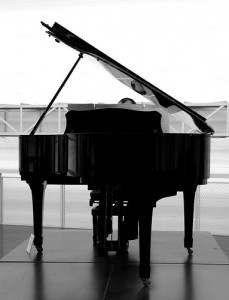


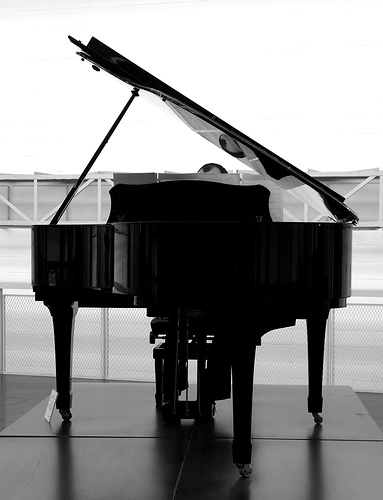
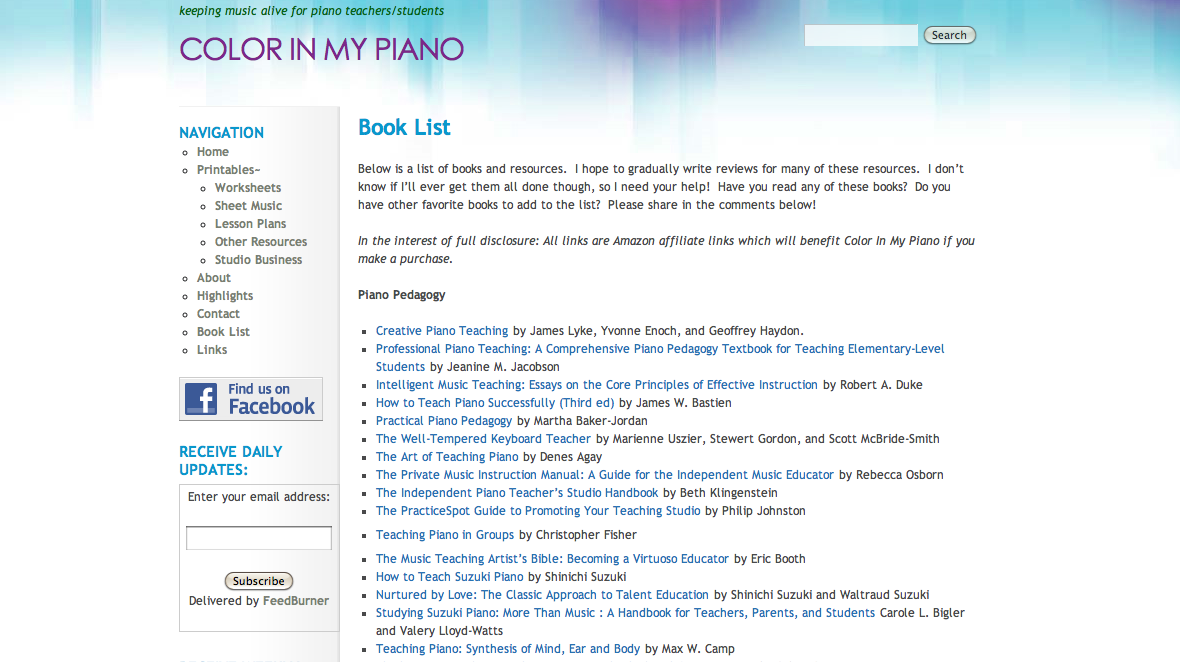
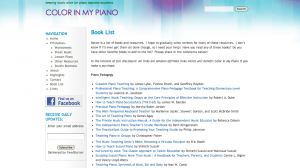 Piano Pedagogy
Piano Pedagogy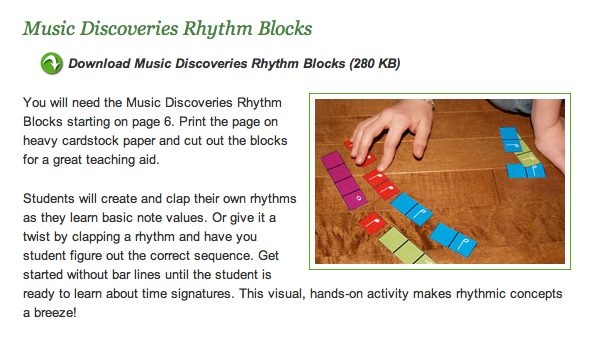
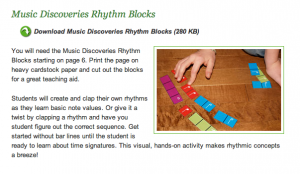 My colleague Loretta and I have been teaching a pair of beginner students in a group setting each week. Last week, we were learning about 3/4 and 4/4 time, and quarter notes and half notes. Loretta and I wrote rhythms on the whiteboard, asked the students to help us write in bar lines, and then clapped and counted the rhythms together. While this activity worked and was beneficial, what we did this week was much more successful.
My colleague Loretta and I have been teaching a pair of beginner students in a group setting each week. Last week, we were learning about 3/4 and 4/4 time, and quarter notes and half notes. Loretta and I wrote rhythms on the whiteboard, asked the students to help us write in bar lines, and then clapped and counted the rhythms together. While this activity worked and was beneficial, what we did this week was much more successful.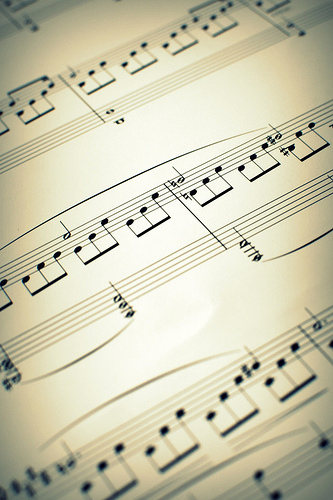
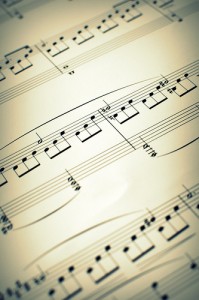
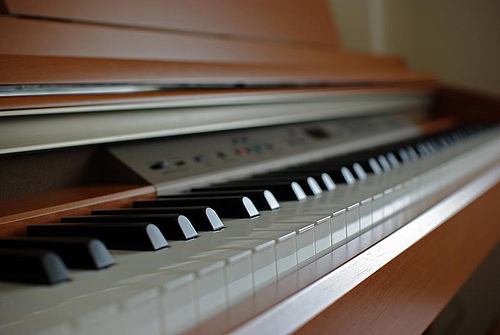
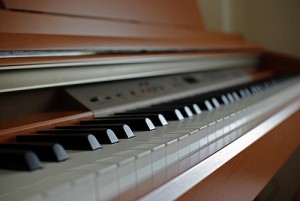
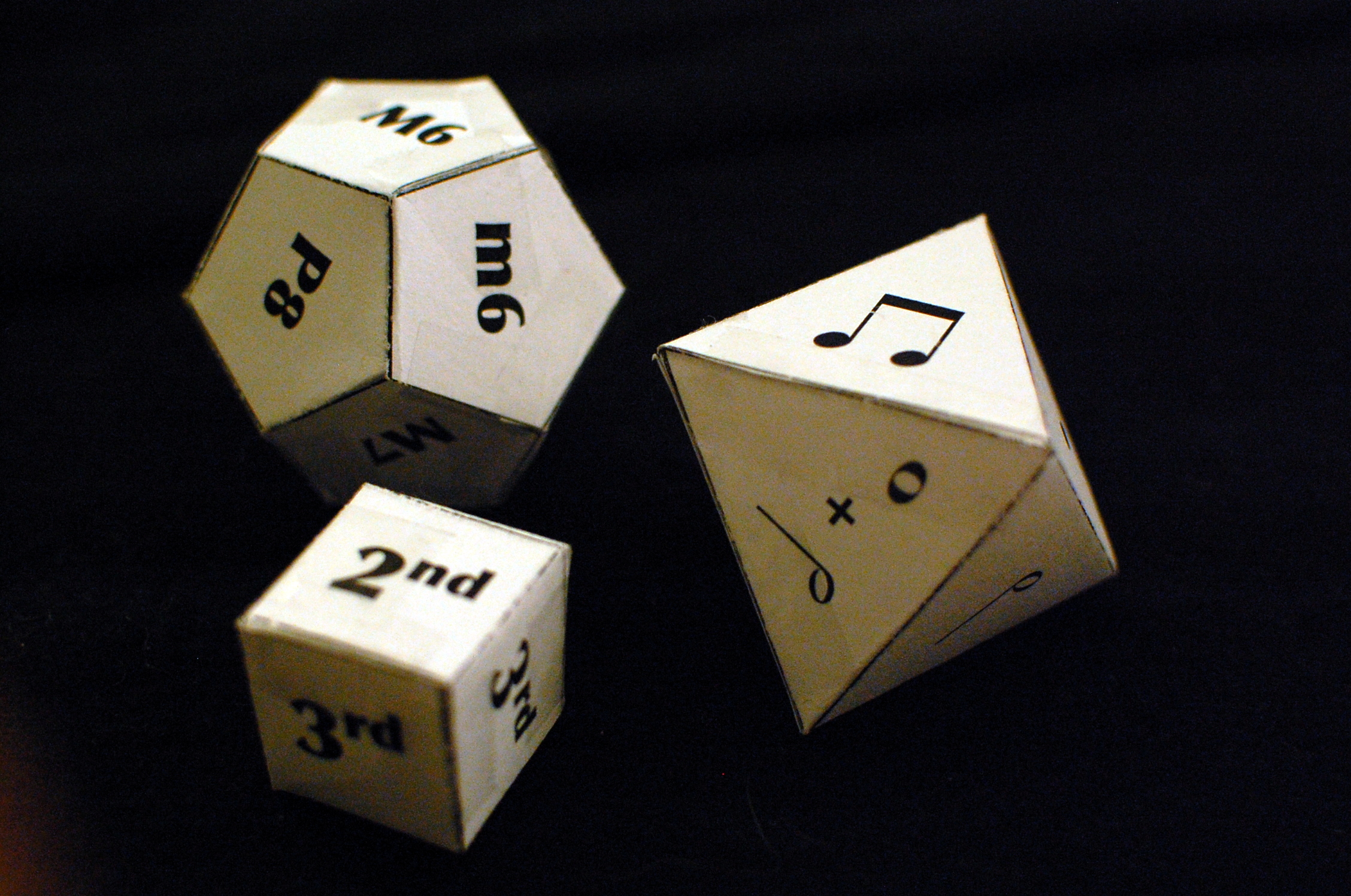
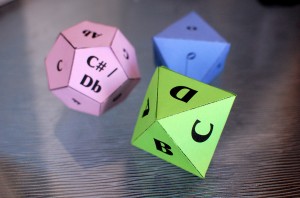 Just added to the
Just added to the 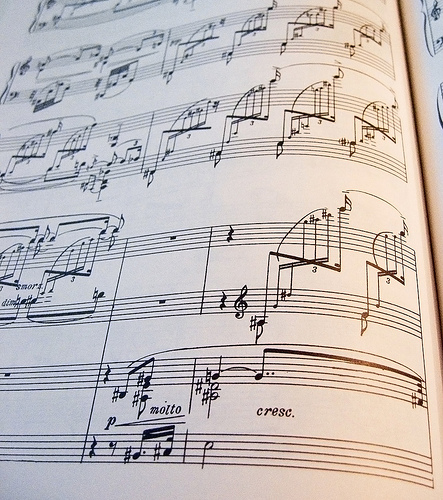

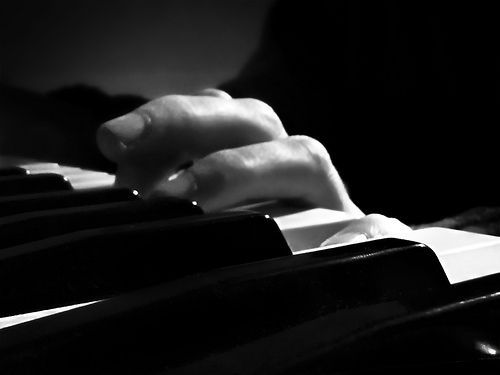


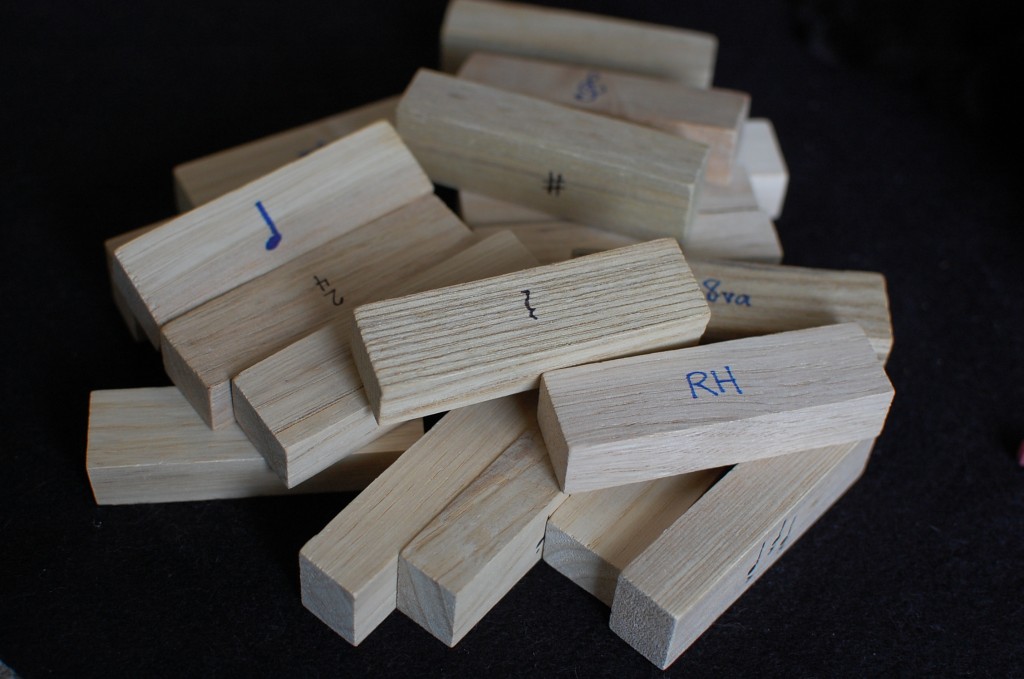
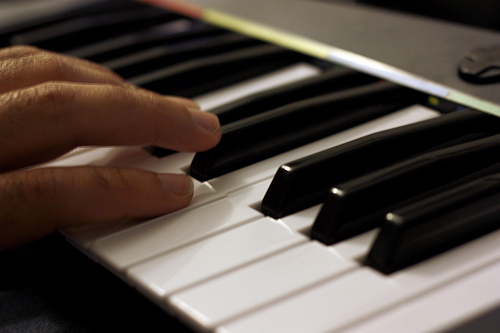
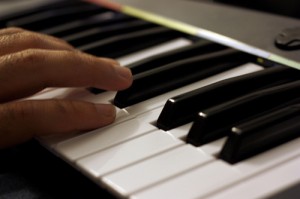 This week I gave a few first lessons to some new students. One of the things I always ask during
This week I gave a few first lessons to some new students. One of the things I always ask during 


 Many college education (both music and otherwise) classes require students to write teaching philosophies. How many of you keep a teaching philosophy posted on your studio website or printed in studio materials? Have you updated it at all since your college days? And those of you who didn’t write one for college – have you considered writing one yourself?
Many college education (both music and otherwise) classes require students to write teaching philosophies. How many of you keep a teaching philosophy posted on your studio website or printed in studio materials? Have you updated it at all since your college days? And those of you who didn’t write one for college – have you considered writing one yourself?